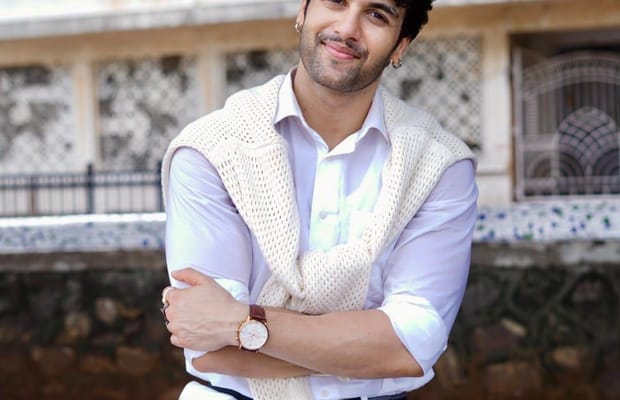
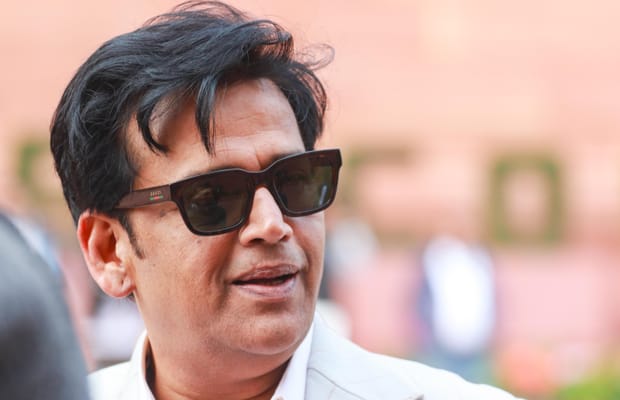
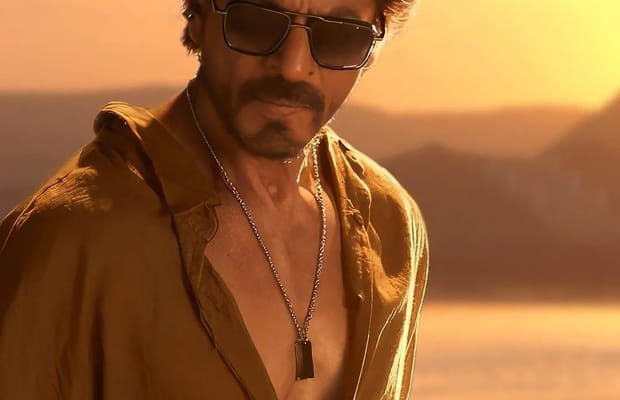
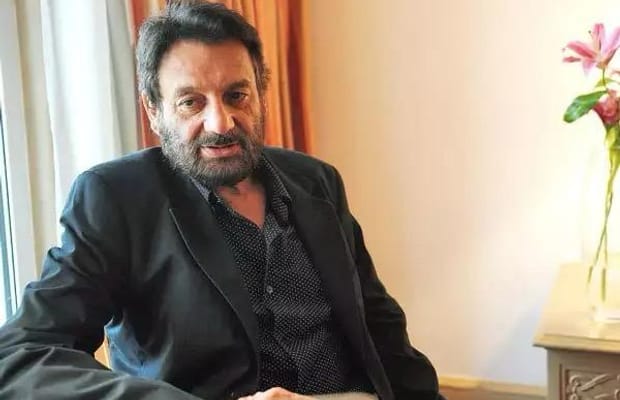


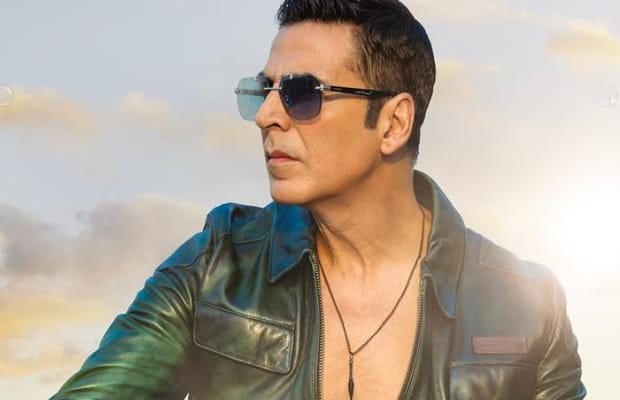

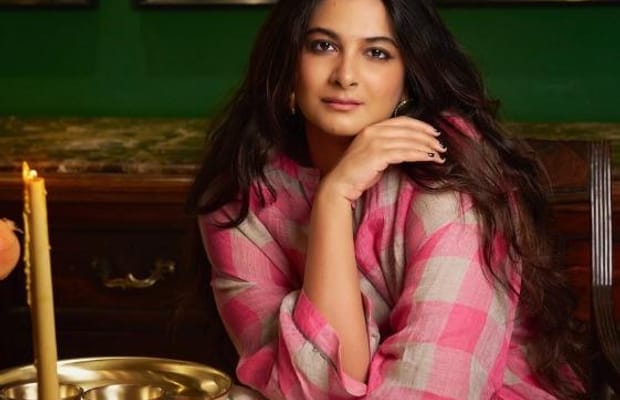
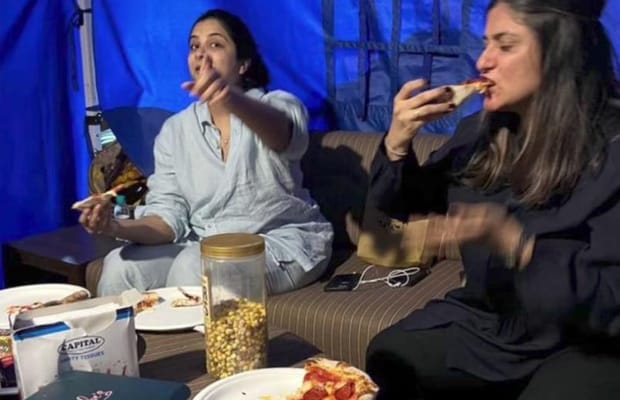

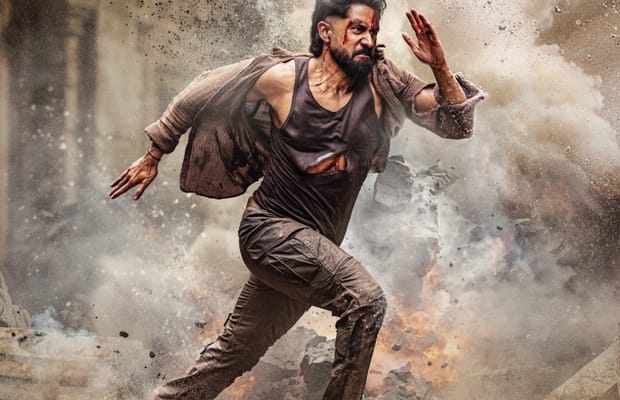
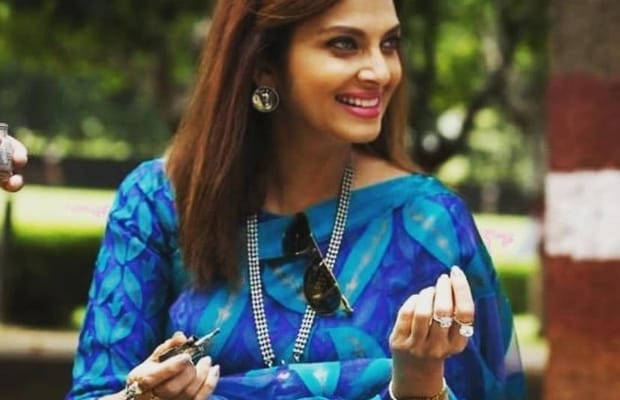
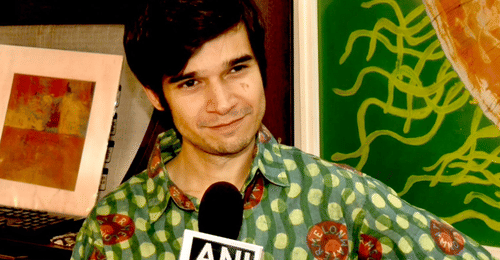


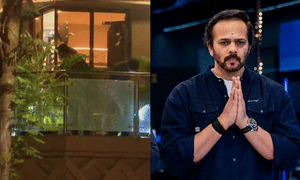

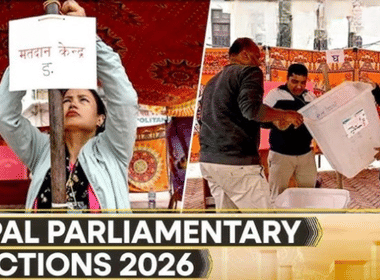





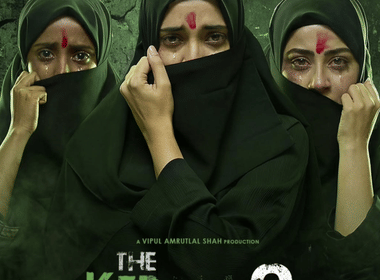
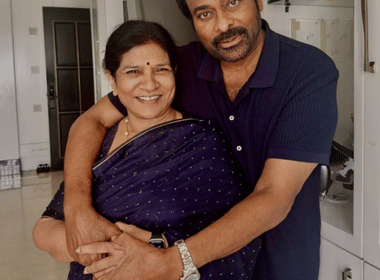
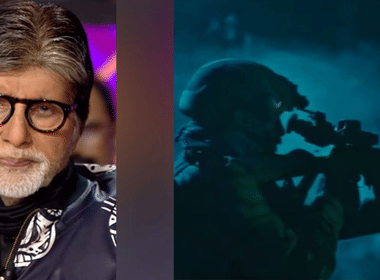
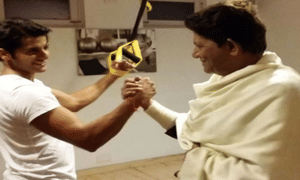
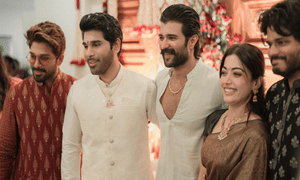
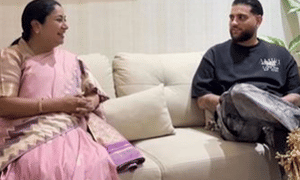
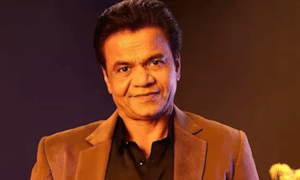

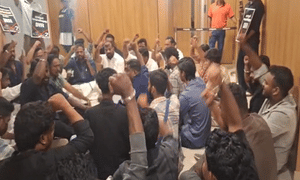
The scheduled screening of 'The Kerala Story 2' in Kannur on Saturday was cancelled following protests by the Democratic Youth Federation of India (DYFI). Activists tore and burned the film’s posters outside theatres, leading to clashes and prompting organisers to refund ticket holders.
The demonstration, led by DYFI Thissur District Committee Secretary K S Russal Raj, began at Thrissur’s Fun Movies theatre, where protesters poured charcoal on posters in a symbolic act. The protest was part of a broader campaign against the film, which depicts the lives of three young women who, according to the story, are lured into deceptive marriages and allegedly face forced religious conversions.
Due to the protest, screenings were abandoned because of low audience turnout, and theatre management confirmed no live showings would take place, issuing refunds instead. Similar cancellations occurred at Cinepolis, Mall of Travancore, Thiruvananthapuram, where rescheduled screenings were also halted amid demonstrations.
The Kerala High Court had lifted an earlier 15-day stay on the film’s release on Friday. The stay, initially imposed by Single Bench Justice Bechu Kurian Thomas, was revoked by a Division Bench of Justices S.A. Dharmadhikari and P.V. Balakrishnan, who also directed the CBFC to re-evaluate the film over allegations of content promoting hate. Since the release of the sequel’s trailer, the film has sparked strong reactions, with social media users calling it “propaganda,” while the filmmakers insist it is based on researched real-life events. Earlier reports suggested the teaser was removed following court intervention, which the makers have denied.
Disclaimer: This image is taken from ANI.
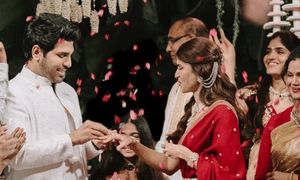
Telugu actor Allu Sirish has announced that he will marry Nayanika on March 6, with pre-wedding celebrations planned at Allu Studios in Hyderabad. Sharing the dates on his X account, Sirish said the wedding will be a private affair with close family and friends, while the pre-wedding festivities on March 2 will be celebrated with members of the Telugu film industry. He wrote, "Nayanika & I are having an intimate wedding with family & friends on 6th March. We are excited to celebrate our Pre Wedding Celebrations with the Telugu film industry prestigiously at Allu Studios on the 2nd March."
The couple got engaged last year, with Allu Sirish sharing photos from the ceremony on social media. The event was attended by close family and friends. In the engagement pictures, Sirish wore a traditional white outfit, and Nayanika looked stunning in a detailed red ensemble, as the couple exchanged rings amid cheers from loved ones.
Allu Sirish, the younger brother of actor Allu Arjun, made his acting debut as a lead with Gouravam in 2013, directed by Radha Mohan and starring Yami Gautam. He later appeared in films such as Kotha Janta, Srirastu Subhamastu, Okka Kshanam, and Urvasivo Rakshasivo. His most recent film, the 2024 release Buddy, was written and directed by Sam Anton and produced by KE Gnanavel Raja and Aadhana Gnanavelraja under Studio Green. The movie also featured Gayatri Bhardwaj, Prisha Rajesh Singh, and Ajmal Ameer in key roles.
Disclaimer: This image is taken from Insta@allusirish.
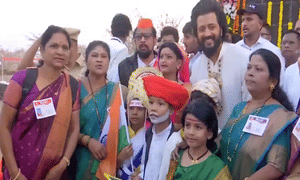
Bollywood actor Riteish Deshmukh paid homage to Chhatrapati Shivaji Maharaj on Thursday at Shivneri Fort to mark Shiv Jayanti. On the Maratha ruler’s birth anniversary, Deshmukh visited the historic fort to honor Shivaji Maharaj’s remarkable contributions. During the visit, he also posed for a group photo with children dressed in traditional Maharashtrian attire.
Following the tribute, Riteish Deshmukh extended his greetings to all devotees of Shivaji Maharaj and stressed the importance of educating India’s youth about the ruler’s legacy. Speaking to the media, he said, “I extend my best wishes to all devotees of Shivaji on the occasion of Shiv Jayanti. Chhatrapati Shivaji Maharaj continues to inspire and energize us. Young people should learn about the sacrifices he made for the nation, and we should all strive to be better human beings.”
Prime Minister Narendra Modi also paid tribute to the visionary leader, exceptional administrator, and champion of Swarajya. The Prime Minister noted that Shivaji Maharaj’s courage remains an inspiration, his governance serves as a model, and his spirit of justice and self-respect strengthens society even today. Modi highlighted that Shivaji Maharaj prioritized the welfare of every individual and devoted himself entirely to their protection—a commitment that makes his life a guiding light for India across generations.
Disclaimer: This image is taken from ANI.
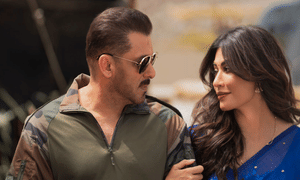
In a perfect Valentine's Day surprise, Salman Khan and Chitrangda Singh have unveiled "Main Hoon," the latest romantic track from the much-anticipated war drama Battle of Galwan. This soul-stirring ballad shifts gears from the film's gritty battlefield action to reveal the tender emotional undercurrents of soldiers' lives during the 2020 India-China Galwan Valley clash.
Clocking in at 4 minutes and 31 seconds, "Main Hoon" boasts mesmerizing vocals by Shreya Ghoshal and Ayaan Lall, with music composed by Ayaan Lall and poignant lyrics from Shabbir Ahmed and Ayaan Lall. The song beautifully portrays love enduring separation and duty, capturing stolen moments of intimacy against a backdrop of looming conflict. Choreographed by Shabina Khan, the music video showcases Salman and Chitrangda's undeniable chemistry—Salman's rugged charm paired with Chitrangda's graceful poise—evoking tears and smiles in equal measure.
Directed by Apoorva Lakhia and produced by Salma Khan under Salman Khan Films, Battle of Galwan honors real heroes like Colonel B. Santosh Babu, who lost his life in the line of duty in Ladakh's harsh terrain. This release builds on the momentum of the earlier patriotic powerhouse "Matrubhumi," featuring Arijit Singh, which has already amassed over 50 million views across platforms. Fans are raving about how these tracks humanize the uniform, blending national pride with personal sacrifice in a way that echoes classics like Kesari's "Teri Mitti."
While an official release date remains under wraps—speculation points to August 2026 around Independence Day—"Main Hoon" is streaming now on YouTube and major music apps. Early reactions highlight its timely resonance: in an era of patriotic cinema, it reminds us that valor comes with quiet heartbreaks at home. Bollywood watchers predict this could set a new benchmark for war films with emotional depth, keeping the hype alive for Salman's big-screen return to action-drama.
Disclaimer: This image is taken from ANI.



In the episode of ‘Culture Club,’ Melanie Oliveiro chats with Claire Javier, an emerging indie-pop singer-songwriter, about her music, focusing on her latest single, “Easy.” Javier shares the story behind the dreamy and playful track, which captures the surreal feeling of a past romance. The Filipino-Singaporean artist also discusses her other single, “Misbehave,” her experiences performing live, and her evolution from introspective songwriting to a more narrative and confessional style. To explore more Singaporean artists like Claire Javier, visit Hear65.com, an initiative by the National Arts Council, produced by independent music media company Bandwagon.
Disclaimer: This Podcast is taken from CNA.

The 2025 Emmy Award nominations are out, with Severance leading the pack with 27 nominations. The Penguin follows closely with 24, while The Studio and The White Lotus each earned 23 nods, highlighting the top contenders in television over the past year. Hairianto Diman and Susan Ng discuss the most unexpected omissions and surprise nominations with Dr. Nasya Bahfen, Senior Lecturer in the Department of Politics, Media, and Philosophy at La Trobe University.
Disclaimer: This Podcast is taken from CNA.

He’s spent a full day submerged in slime, stayed underground for 48 hours, and given away huge sums of money to fortunate contestants. But are MrBeast’s videos just clever clickbait – or bold experiments in creative innovation?
Disclaimer: This Podcast is taken from The Guardian

New Zealand artist Marlon Williams dedicated five years to creating his latest album, Te Whare Tīwekaweka, which is sung entirely in the Māori language. Its release comes at a politically charged time, as the current coalition government in New Zealand restricts the use of Māori in public services and recently suspended three MPs for performing a haka in protest of a bill seen as undermining Indigenous rights. Williams discusses with Reged Ahmad the experience of performing in his first language on a global stage and also shares a live performance of a song from the album at the Guardian Australia studio.
Disclaimer: This image is taken from The Guardian.








